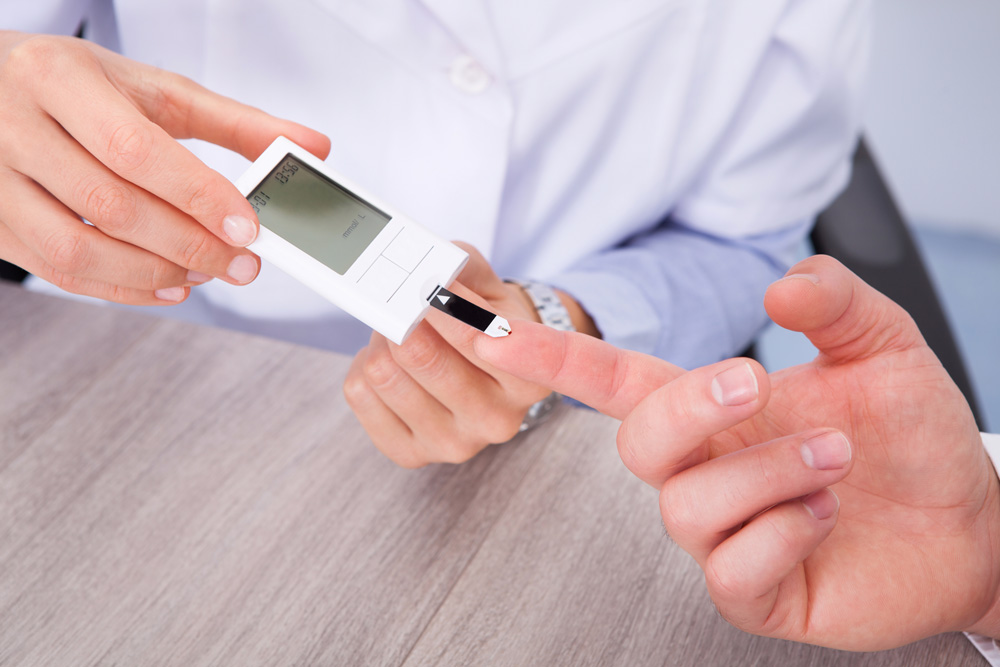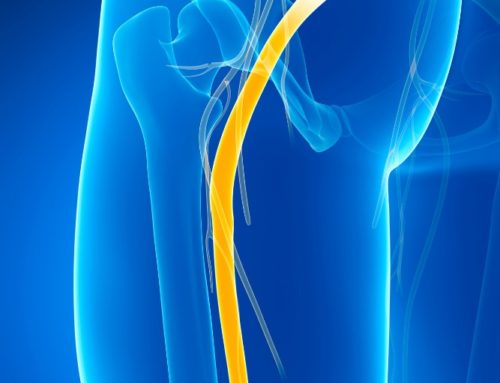Diabetes occurs when a person’s body doesn’t create or use insulin properly. Though insulin issues cause the condition, diabetes affects several other hormones as well. Chemical changes during significant life stages also worsen your diabetic symptoms, requiring careful monitoring.
Managing the disease is tricky, often requiring good diabetes care to reduce the risk of severe complications. Get professional medical assistance and educate yourself on healthy meal choices, safe physical activities, and monitoring blood sugar levels.

How Are Diabetes and Hormones Related?
Diabetic hormonal changes can cause a variety of issues in the body, leading to symptoms like excessive thirst, frequent urination, fatigue, and blurred vision. Over time, hormonal imbalances can result in complications such as cardiovascular disease, neuropathy – nerve damage, kidney damage, and retinopathy, which is eye damage. These changes can further complicate diabetes management and overall health.
The main hormone causing the condition is insulin, which helps transport glucose to various cells. A lack of insulin or an inability to use it properly results in blood sugar buildup.
Though insulin issues cause the condition, it isn’t the only chemical related to the disease. Several other hormones are affected by diabetes. They often can’t perform their duties properly, preventing the body from absorbing glucose.
The body’s chemicals perform specific functions to keep everything working properly. Unfortunately, some medical conditions alter the production and performance of many of these hormones. Diabetes is one disease that affects varying aspects of our body’s workings.
Diabetes may also cause an increase in several chemical levels in the body, which elevates blood sugar levels. Since some chemicals, including a few stress hormones, increase insulin resistance, diabetes worsens the effects. More frequent insulin injections are often needed to counter such high glucose levels.
The stages of life often include hormone shifts, requiring consistent monitoring for those with diabetes. These periods include puberty, menstruation, and menopause, usually affecting women more often than men. Alterations in growth and sex hormones lead to fluctuating blood sugar levels, leading to insulin sensitivity or resistance. Hormone levels also change during stress or illness, requiring frequent glucose checks for diabetics.
Which hormones are affected except for insulin
Diabetes affects several hormones, all of which affect blood sugar levels in some fashion. Though they have varying functions, they work together to maintain safe glucose levels.
One vital chemical is Glucagon, a hormone produced by the pancreas and released between meals and during the night. While insulin lowers blood sugar, glucagon increases glucose to avoid such low levels. It also tells the liver when to release glucose and helps with production in other body areas. When you have diabetes, glucagon production doesn’t stop during meals as it’s supposed to, causing high blood sugar.
Stress and hormones
When stressed, insulin, glucagon, and other stress hormone levels drop. These hormones include epinephrine, cortisol, and growth hormones. Epinephrine triggers the liver to send glucose to the blood. Cortisol and growth hormones cause insulin resistance in muscles and fat. Though chronic stress is harmful for everyone, these hormone fluctuations in diabetics require constant monitoring and extra insulin injections.
The functions of gastric inhibitory polypeptide (GIP), glucagon-like peptide-1 (GLP-1), and amylin are also altered by diabetes. Though not identical, GIP and GLP-1 are released by the intestines after you’ve eaten, activating insulin production. Pancreatic beta-cells send out amylin and insulin simultaneously to lower glucagon levels and prevent liver glucose production.
Malfunctioning beta cells in diabetes prevent insulin and amylin release. Those missing hormones alter GIP and GLP-1 performance, preventing glucagon suppression and raising blood sugar levels.
Good diabetes care is crucial because it helps to minimize the risk of these changes in hormones and other complications, improving overall quality of life, reducing the risk of severe health issues, and extending life expectancy. Preventing diabetes complications involves maintaining good blood sugar control through a balanced diet, regular exercise, and medication adherence as prescribed by your doctor.
Regular monitoring of blood glucose levels, routine check-ups, and screenings for potential complications such as cardiovascular disease, neuropathy, retinopathy, and kidney disease are essential. They’ll also show you how to monitor blood pressure and cholesterol levels and discuss any unhealthy habits to avoid. Proper care ensures effective diabetes management for a long, healthy life.
Resources:
- Endocrine society, January 24, 2022, Diabetes and Endocrine Function https://www.endocrine.org/patient-engagement/endocrine-library/diabetes-and-endocrine-function
- Beyond Type 1, Hormones and their Affect on Type 1 Diabetes Management https://beyondtype1.org/hormones-and-their-affect-on-type-1-diabetes-management/
- Cleveland Clinic, Glucagon https://my.clevelandclinic.org/health/articles/22283-glucagon
- Diabetes Education Online, Blood Sugar & Stress https://dtc.ucsf.edu/types-of-diabetes/type1/understanding-type-1-diabetes/how-the-body-processes-sugar/blood-sugar-stress/
- NCBI, April 22, 2010, GIP and GLP-1, the two incretin hormones: Similarities and differences https://www.ncbi.nlm.nih.gov/pmc/articles/PMC4020673/
- PubMed, June 14, 1997, Amylin: history and overview https://pubmed.ncbi.nlm.nih.gov/9212323/
This content comprises informative and educational resources only and can not be considered as a substitute for professional health or medical guidance. Reliance on any information provided in this article is solely at your own risk. If you have any inquiries or apprehensions about your medical condition or health goals, talk with a licensed physician or healthcare provider.






Leave A Comment